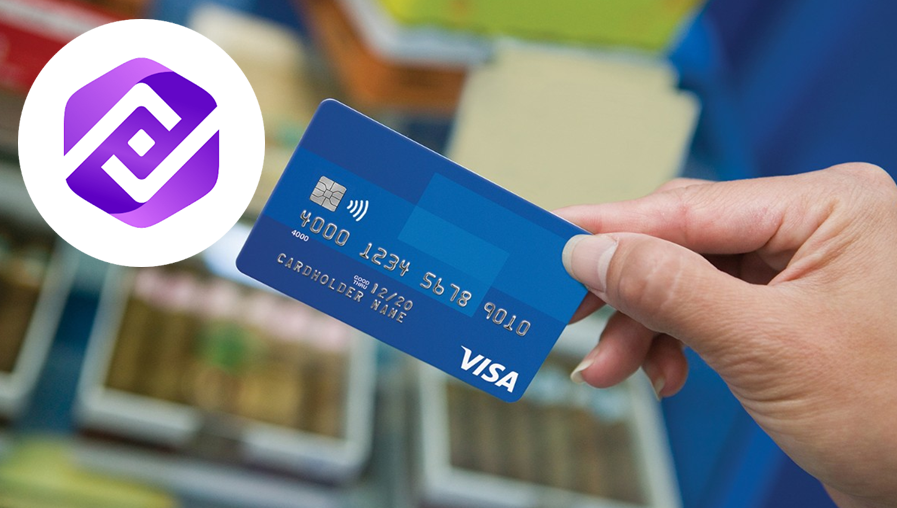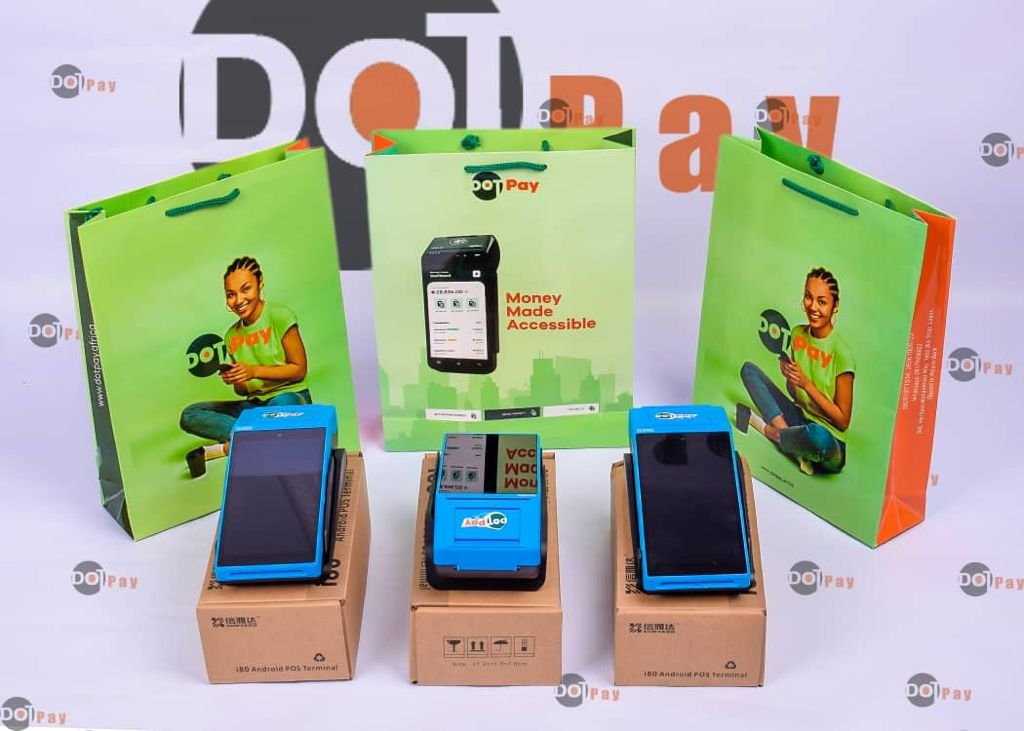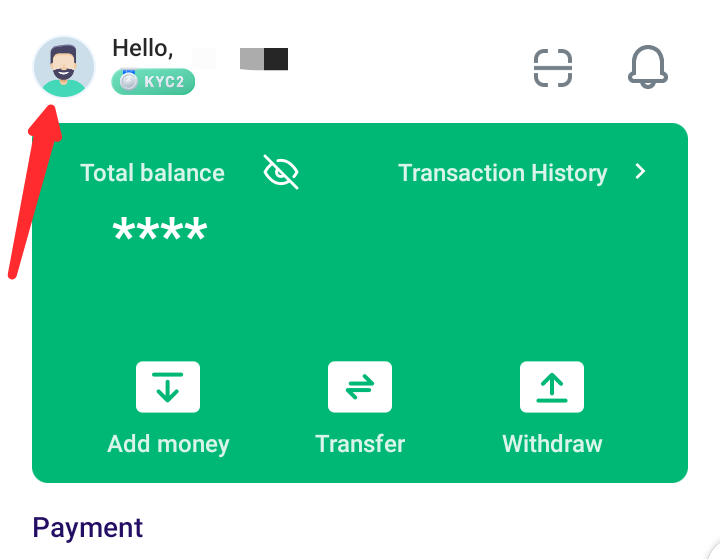Loan apps have become increasingly popular in recent years, providing quick and easy access to financial assistance for those in need. However, some of these apps have been known to cross the line by sending messages to the contacts of their users and even resorting to threatening tactics.
This not only puts the user at risk but also their friends and family. If you have experienced this invasive and potentially harmful behavior, it’s important to know what steps you can take to protect yourself and your loved ones. In this blog post, we will discuss what to do when loan apps send messages to your contacts and still threaten you and them.
Contact the Loan App
If you find yourself in a situation where a loan app has sent messages to your contacts and is still threatening you and them, the first step is to contact the loan app directly. Reach out to their customer support or contact their help center to report the issue and explain the harassment you have experienced.
Provide any relevant details or evidence that can support your case. It’s important to address the issue with the loan app as soon as possible to protect yourself and prevent further harm.
Block or Uninstall the App
If the loan app continues to send messages to your contacts and threatens you and them, it may be necessary to block or uninstall the app. Blocking the app will prevent any further communication and ensure that your contacts are not harassed.
Uninstalling the app completely removes it from your device, eliminating the threat altogether. Remember to consider your personal safety and take appropriate actions to protect yourself. Blocking or uninstalling the app is a crucial step in reclaiming your privacy and ensuring the well-being of yourself and your loved ones.
Document Evidence
When dealing with loan apps that send messages to your contacts and threaten you and them, it’s essential to gather evidence of their actions. Take screenshots of any threatening messages or any other forms of communication that prove their harassment. Keep records of any phone calls, emails, or text messages related to the loan app.
This documentation will serve as proof of their behavior and can be used if you decide to escalate the situation further. Remember, it’s crucial to document evidence to support your case and protect yourself and your loved ones.
Inform Your Contacts
After experiencing invasive and threatening behavior from a loan app, it’s crucial to inform your contacts about the situation. Reach out to them individually or send a group message explaining the situation and warning them about potential messages or calls from the loan app.
Encourage them to block and report any suspicious communication and to stay vigilant. Keeping your contacts informed will not only protect them from potential harm but also ensure that they are aware of the situation and can support you during this challenging time.
Be Cautious with App Permissions
When using loan apps, it’s important to be cautious with the permissions you grant them. Before downloading any app, carefully review the permissions it requests. Avoid granting unnecessary access to your contacts, messages, or other personal data.
Some loan apps may exploit these permissions to send messages to your contacts or even use their information for malicious purposes. By being cautious with app permissions, you can significantly reduce the risk of invasive and threatening behavior. Remember, your privacy and security should always be a top priority when using any loan app or any other mobile application.
Read Also: How to Close, Delete or Deactivate your NiceNaira Account Easily
FAQS
How do I delete contacts from a loan app?
Deleting contacts from a loan app varies by the app and platform. Typically, you can manage app permissions in your device’s settings and revoke access to your contacts. Additionally, check the app’s settings for contact-related options or clear any cached data if available.
How do I stop online lending harassment?
To stop online lending harassment, you can:
- Block and report harassing numbers or messages.
- Unsubscribe from promotional messages from the lender.
- Communicate with the lender, asking them to stop contacting you.
- Seek legal assistance or report to regulatory authorities if harassment persists.
How to deal with loan app harassment in Nigeria?
In Nigeria, dealing with loan app harassment involves similar steps as mentioned above. You can block and report harassing contacts, communicate with the lender to request they stop, and escalate the issue to relevant authorities if necessary.
Can a loan app access my contacts if uninstalled?
No, once you uninstall a loan app, it should no longer have access to your contacts. Uninstalling the app removes its permissions and access to your device.
Can a loan app lock my phone?
Legitimate loan apps typically should not have the ability to lock your phone. However, be cautious of scams or fraudulent apps that may attempt to gain unauthorized control over your device. Stick to reputable and well-reviewed apps from trusted sources.
Managing app permissions, communicating with lenders, and utilizing your device’s settings are key steps in addressing issues related to loan apps and harassment. Always prioritize your privacy and security.
Conclusion
In a world where loan apps have become increasingly popular, it’s important to be aware of the potential risks and know how to protect yourself and your loved ones. If you find yourself in a situation where a loan app is sending messages to your contacts and threatening you and them, take action immediately.
Contact the loan app directly to report the issue and provide evidence of the harassment. Consider blocking or uninstalling the app to prevent further harm. Document all evidence to support your case and inform your contacts about the situation. Lastly, always be cautious with app permissions to safeguard your privacy. Stay vigilant and prioritize your safety in the digital world.






